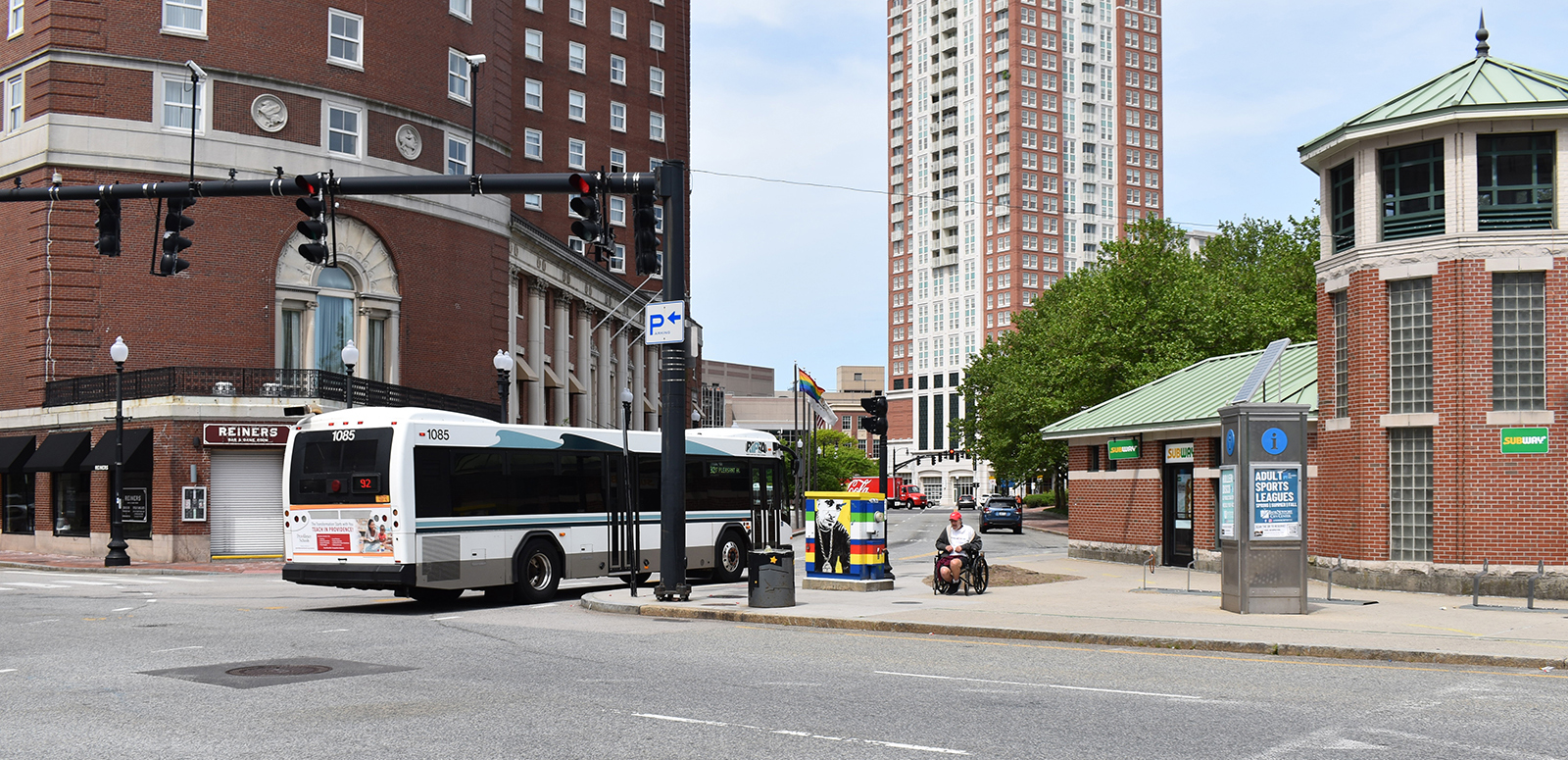R.I. Developers Pushing for Building Closer to Wetlands
April 25, 2016
PROVIDENCE — Several environmental bills are poised for votes and hearings this week. One of the most significant for supporters of open-space protection is an amendment (S2591 and H7651) to state building laws that allow wetlands to be included in calculations that determine a buildable lot and the number of units per lot.
The so-called “Dry Lands” bills are opposed by the Environment Council of Rhode Island (ECRI) and Save The Bay. Both organizations point to legislation passed by the General Assembly in 2015 that creates statewide standards for wetland buffers and setbacks. The regulations have yet to be issued by the Department of Environmental Management (DEM). ECRI and Save The Bay say those standards are needed before new building rules can be acted on by the General Assembly.
DEM is seeking a six-month extension to write those wetland regulations. Both bills are scheduled to be heard April 27 at Senate Committee on the Environment and Agriculture.
The relaxed building rules are supported by the Rhode Island Builders Association (RIBA). The construction advocacy group insists that the legislation gives cities and towns the right to control development. During a March 10 House hearing, William Walsh, a RIBA lobbyist, said the effort reverses a trend that makes it hard to build what he called “middle-class housing.” Those impediments include the high price of open space, large lot requirements, and excessive regulatory burdens and expenses “that continue to thwart the recovery of the building industry as well as the state,” he said.
In 2013, then-Gov. Lincoln Chafee signed into law a bill that allows unbuildable sloped land to be considered part of a buildable lot size.
Healthy food advertising. A bill that would prohibit the advertising of food and drinks that are not allowed in schools passed the Senate on April 14. The House Committee on Health, Education and Welfare will hear the bill next. The advertising would be prohibited from school buildings, buses, athletic fields, scoreboards and vending machines. The bill is backed by the American Heath Association and the American Cancer Society.
Light bulbs. The Senate Committee on the Environment and Agriculture will hold a hearing for a bill that would establish a statewide drop-off program for light bulbs that contain mercury, such as compact fluorescent light bulbs.
Solar permitting. The Senate passed a bill that would create a task force to study the creation of statewide permitting regulations for installing residential and small-scale commercial rooftop solar installations. The bill was referred to the House Finance Committee.
Categories
Join the Discussion
View CommentsRecent Comments
Leave a Reply
Your support keeps our reporters on the environmental beat.
Reader support is at the core of our nonprofit news model. Together, we can keep the environment in the headlines.
We use cookies to improve your experience and deliver personalized content. View Cookie Settings




That is so not what this legislation proposes, regulated setbacks would not be changed and the environment will be no less protected. This proposal simply stops municipalities from subtracting wetland buffers from minimum lot sizes. If all building, zoning and environmental distances can be maintained, then a property owner should be allowed to build and not be extorted into large, unnecessary lots that do nothing more than hinder development and take away an owner’s property rights. If you don’t understand the bill don’t present it erroneously.
I support not allowing builders to build on wetlands, but minimum lot sizes are a bad idea. Limiting the scope of where builders can build is a good control, whereas limiting the number of buildings per lot is a way of ensuring sprawl-by-zoning.
See this article, for instance, from Market Urbanism, talking about trailer parks and the lessons we can learn from them. http://marketurbanism.com/2016/04/21/reclaiming-redneck-urbanism-what-urban-planners-can-learn-from-trailer-parks/
Minimum lot sizes are also used in urban communities too. In many ways, they contribute to harm to wetlands more than they dissipate it, because by encouraging detached housing that’s far apart, it necessitates lots of parking and roads to connect people.
But again, to re-emphasize, we definitely should protect wetlands. Just in a more effective way.